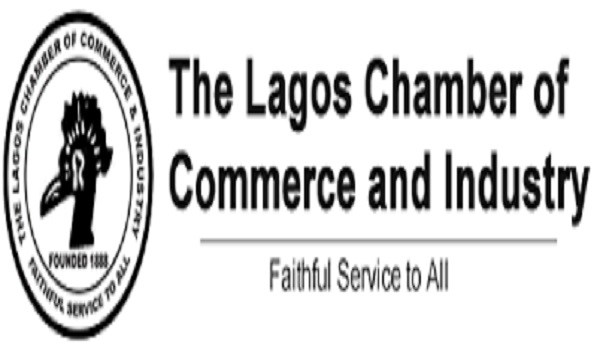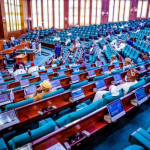The Lagos Chamber of Commerce and Industry has called for the removal of import duty on all power supply equipment such as solar panels, batteries, inverters, wind mills and other accessories to enable the citizens to adopt individual power solutions.
The President, LCCI, Mr Babatunde Ruwase, who spoke during the Power Nigeria Exhibition and Conference 2018 in Lagos, said the power situation in the country had not witnessed any significant improvement since the handover of the power infrastructure to the new private owners in November 2013.
“There are complaints across all sectors about high energy costs especially high expenditure on diesel. This continues to take its toll on the bottom line of investors in the economy as well as the welfare of citizens.
“The truth is that we cannot make any meaningful economic progress until we fix the power sector. From all indications, we are yet to get it right. The current model is not delivering the expected results. In fact, it has given the phenomenon of privatisation a bad name. The high expectations of the power sector reform have not been realised.”
According to him, to make progress in the sector, there is a need to de-emphasise the national grid model and concentrate on the promotion of the energy mix approach proposed by the Minister of Power, Housing and Works, Babatunde Fashola.
“The national grid model is too vulnerable to sabotage and other forms of disruptions,” Ruwase said.
He said generous incentives should be deployed to promote renewable energy sources both from an investment and end-user perspective, adding that there should be greater emphasis on captive power plants to facilitate decentralisation of power provision by the private sector.
“Risk mitigation provisions in the reform process must be reinforced to inspire investors’ confidence. Gas sector reform must be put firmly on course to ensure the sustainability of the gas-to-power programme.
“Distribution companies should be supported to reduce technical and commercial losses in the power delivery process. It should be realised that the power sector is not just a business issue, but also a critical development issue. It has implications for job creation, welfare of citizens, growth of small business, poverty alleviation, agricultural development, sectoral linkages, etc.
“Therefore, the government still needs to provide some support to enhance development in the sector. The sector is too strategic to be left entirely to a purely commercial enterprise framework, where the main motive is profit.”, he said.













